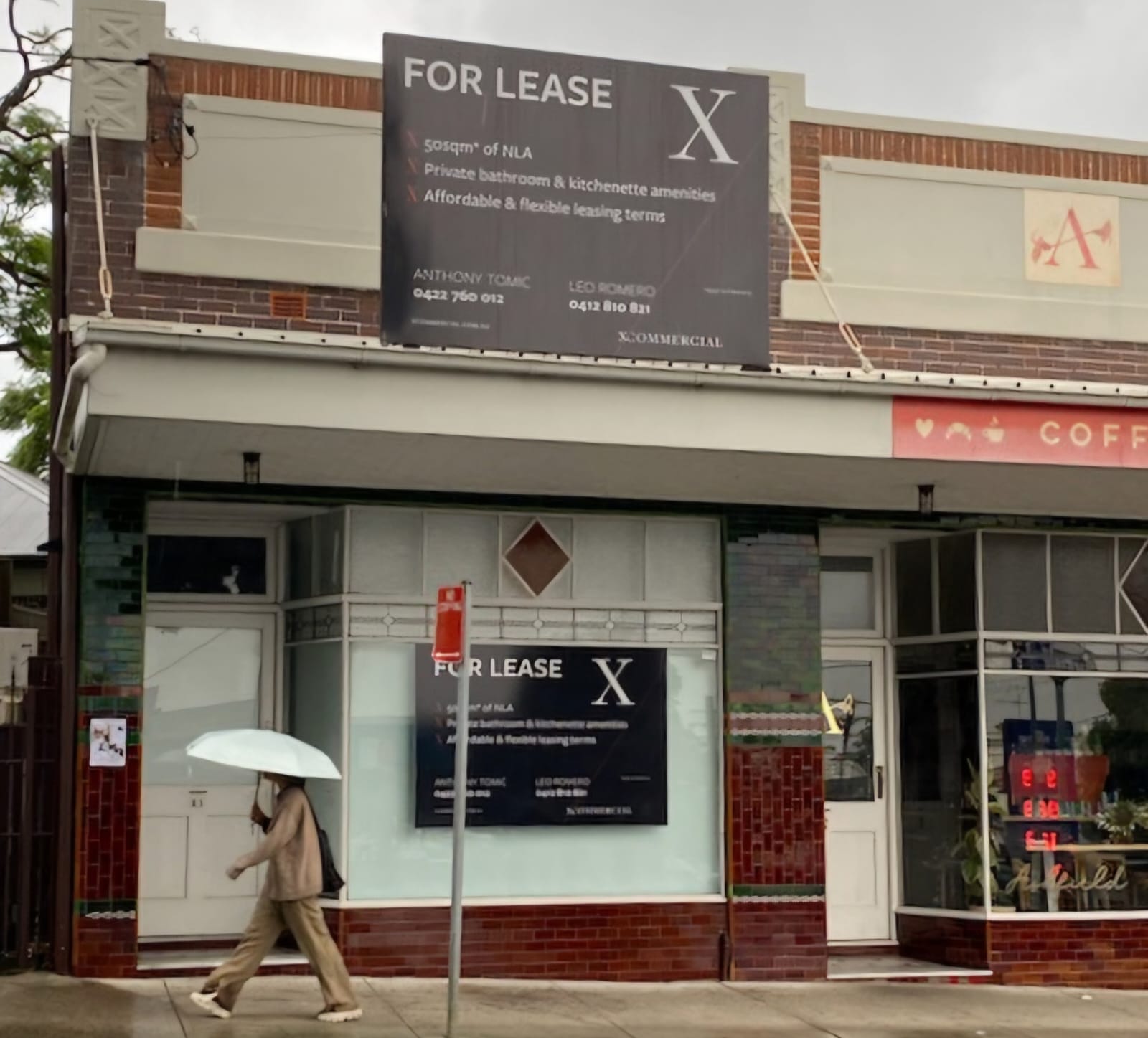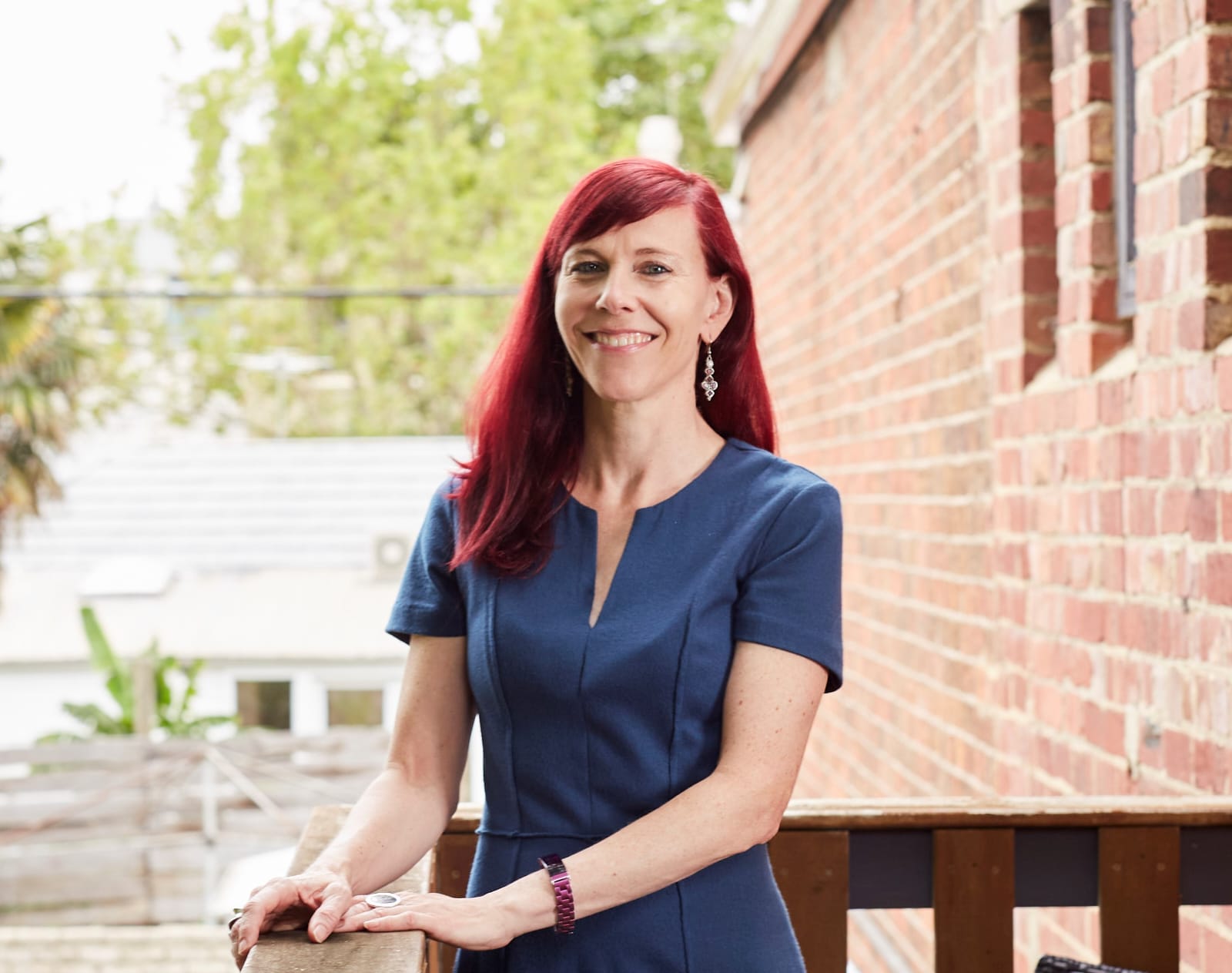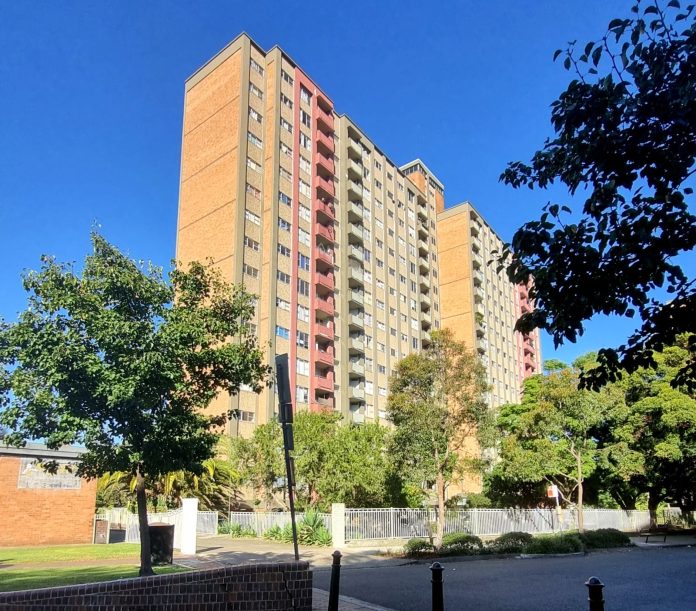In the middle of Australia’s worsening rental crisis, single mothers are among the hardest hit, often facing landlord discrimination and forced to live farther from key amenities like schools and childcare.
Single mothers are three times more likely to be homeless compared to the national average, The Council of Single Mother and Their Children (CSMC)’s 2023 National Survey finds.
The Rental Crisis
According to data from Torrens University’s Public Health Information Development Unit (PHIDU), as of 2021, 45.3 per cent of single parent families are renting – 66 per cent higher than the proportion for all families. CoreLogic’s 2024 housing report also showed a 32.5 per cent increase in national median dwelling price since 2020.
Samuel Setiawan, the director of ISale Property, explained that rising interest rates and construction delays during the pandemic contributed to soaring property prices. Increased construction costs post-Covid have also led to developer bankruptcies, halting projects and limiting new developments. Such property scarcity was then met with a surge of migrants post-Covid, exerting additional pressure on the strained housing market and increasing rental prices.
“If they [the homeowners] are investors, they pass on the rental costs to the tenants,” Setiawan said.
“Some of our rentals even increased from say $500 to $700 a week. That’s a 40 per cent increase.”
Apart from soaring rental prices, Setiawan mentioned the competition in areas near schools and childcare.
“In general, if you have kids, you’ll want to live close to school and childcare, because it’s a lot easier to drop your kids.”
He explained that the demand has elevated rental prices in those areas, forcing single mothers to live further away.
Setiawan also pointed out tendencies for landlords to favor higher income tenants.
“When given the choices of single parents with ‘X income’ and a family with a combined income, many landlords will pick the one with the higher income.
“These single mothers are not just competing with couples with double income, but even students sharing one house together.”
Setiawan also said that current affordable housing mechanisms are “not working”.
He explained that despite efforts through public and social housing, the shortage of properties means that neither the government nor the private sector can “supply cheaper housing fast enough”.
He also pointed out that the National Rental Affordability Scheme (NRAS), which incentivises property owners to offer rents at least 20 per cent below market rates, is “pretty much done”. Once the incentive period expires, owners are no longer obligated to maintain lower rents.
Single Mothers in the Housing Crossroads
Currently, single mothers constitute 80.3 per cent of all single parent families.
In terms of economic well-being, single parent families fall significantly behind.
According to the April 2024 Australian Council of Social Services (ACOSS) Poverty & Inequality report, 34 per cent of single parent families live in poverty as of 2020, compared to 11 per cent for dual-parent families.
Median Equivalised Disposable Income reflects the amount of money a household has available for spending or saving after taxes and social security deductions. It is adjusted for household size and composition.
Housing constitutes the largest proportion in terms of household expenditure.
While single parents experience a chronic disadvantage in terms of disposable income, 31.6 per cent found themselves allocating more than 30 per cent of their income to housing, compared to 14 per cent of couple families.
Historically, single mothers have also been behind in terms of employment rate.
In 2023, single mothers’ full-time employment rate was 30 per cent behind single fathers, with a higher tendency of “unemployment” and “not being in a labor force”.
The Gloomy Future

The CEO of The Council of Single Mothers and Their Children (CSMC), Jenny Davidson, said that CSMC has seen an increase of single mothers seeking housing assistance in the past year, involving single mothers of “all income levels”.
Davidson identified individuals relying on government assistance as their primary or sole income —specifically those receiving Parenting Payment Single (PPS) and JobSeeker—face the greatest challenges in housing.
To alleviate rental stress for single mothers, Davidson said that “the rental market needs to be reframed”.
“At this point, all of the power sits with the homeowners and the real estate agents. And the applicants and the tenants don’t have any power,” she said.
“Housing is now treated like an investment as opposed to a human right.”
She advocated for “more public housing” and “higher government support”, including PPS, JobSeeker, and Commonwealth rent assistance.
She also called for the prioritisation of single mothers in public housing, health care and more accessible mental health services.
To improve single mothers’ job security, Davidson suggested “more family-friendly, permanent, part time work” for single mothers.

Currently, the Albanese Government has expanded its 2023-24 Federal Budget for PPS, making such financial support accessible to single parents until their youngest child turns 14 instead of 8. The Victorian Government also renewed its Mental Health and Wellbeing act, requiring mental health and wellbeing service providers to “recognise the role of families, carers and supporters”.
Asked about the housing outlook for single mothers, Davidson said that she feels “it’s going to get worse before it gets better”.
“There’s going to be more homelessness, more women ringing out saying, I’m sleeping in a car with my children, I have to give up my own home, I have to give up all my possessions,” she said.
“There’s not a lot of immediate solutions.
“But at the end of the day, single mothers are very resilient. They’re very determined to make a good life for their kids.”
Until a silver-lining comes, the turbulent rental market remains a dark tunnel single mothers need to navigate through.


